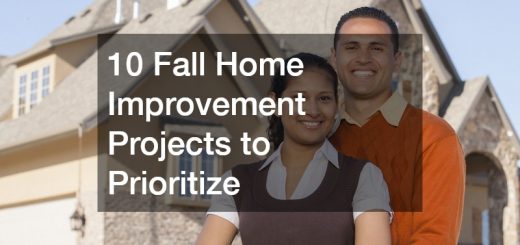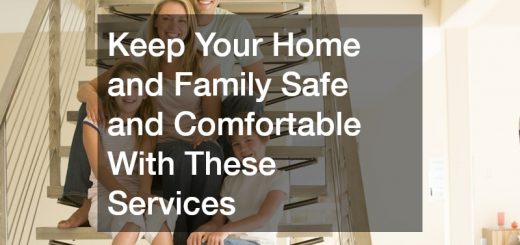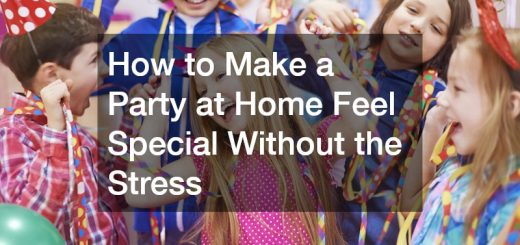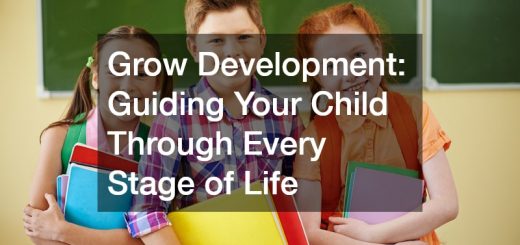Private High Schools Are Proven To Set Higher Academic Standards Why Your Teen Should Enroll


High school isn’t an easy time for teenagers. They’re going through hormonal changes, struggling through the expectations set for them and, perhaps most frustratingly, are attempting to prepare for a future involving college. When you add in learning disabilities, mental illness and various life factors into the mix, school can gradually be associated with nothing but stress whether you like it or not. Public schools are starting to fall out of favor in light of private schools and the benefits they offer children of all shapes and sizes. If your child is ready to enter high school or is perhaps growing frustrated with their environment, you’ll be interested in what a private school will have to offer.
What’s The Main Difference Between Public And Private?
The most notable distinction between a public high school and a private high school is their size. The majority of private schools are small, with over 85% having less than 300 students. This creates an environment that promotes more one-on-one learning, making it easier for students to give children their undivided attention and encourage a trusting and dynamic learning process. A study offered by the Fraser Institute in 2007 saw over 90% of parents saying they loved the dedication of the teachers at their child’s private school.
How Are The Grade Averages At Private Schools?
Do you worry about your child’s grades? Are you concerned about whether or not they will enter the college or university of their dreams? The average national SAT scores for private schools were 497 in reading, 514 in math and 489 in writing for public schools. Compare this to private schools, where the average scores were 541, 579 and 550, respectively. The benefits of private school education are more stark than ever as more recent studies keep rolling in.
Will My Child Have A Higher Chance At A Higher Education?
As stated above, high school is a more difficult time for many than earlier years. This is due to the burgeoning responsibility of gradual adulthood and the pressures of finding a good college, applying for a first job and all the social graces that come in-between. A private school knows this and goes out of its way to prepare its students in every way possible. According to data provided by the NCES, over 88% of private high school students will apply to college. Compare this to public schools, which lag behind at only 55%.
What Are The Mental And Emotional Health Benefits?
Public schools, due to their size, can be stressful for some. A fast-paced and more casual environment doesn’t bode well for children who already struggle with social anxiety, depression, ADHD, dyslexia and general anxiety. Private school classes are smaller, with an average of 12 students per teacher, and are able to provide your child with superior methods of addressing their personal journey. Parents who send their children to private preschools or a private high school reached an impressive 80% satisfaction with their academic standards.
Are Parents Satisfied With A Private School Education?
The best preschools, kindergartens and high schools are becoming the private model. A stunning study saw 98% of 12th graders enrolling in private schools in October of 2010 and graduating by fall of 2011. Private schools are smaller in size, offer superior one-on-one attention and have noticeably higher academic standards compared to their public models. They’re also considered very safe and accessible, with a Fraser Institute study seeing 70% of parents with children saying they felt their private school was safe.
Your child deserves the best possible chance. Let a private school guide them there.





